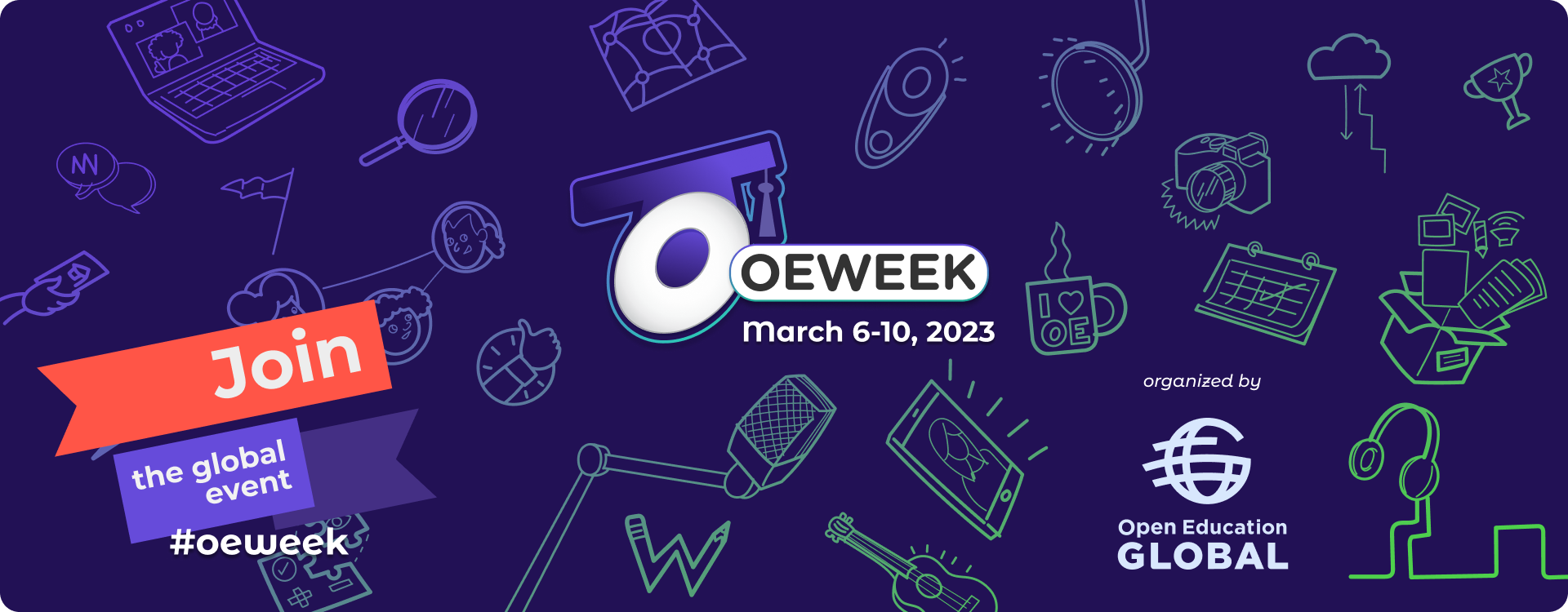Understanding Open Education
Open education is about open access to educational opportunities, the practice of open learning and engagement with open scholarship.
- Open access to learning is about inclusive and equal access to educational opportunities without barriers such as lack of prior knowledge and entry qualifications, or ability to pay. This means not just equal, but equitable access from a position of disadvantage.
- Open learning is about the ability to study and learn at anytime, anywhere and at any pace, as well as anyhow irrespective of one’s physical location or condition.
- Open scholarship involves engagement with a culture of sharing which incorporates the release of educational resources under an open license scheme that permits no-cost access, and permissions to adopt, adapt, retain and redistribute such resources with appropriate restrictions.
Where to Start?
The following resources provide a good starting point for understanding open education:
- What are Open Educational Resources (OERs)? UNESCO’s (2002) definition of OER.
- Open Education Factsheet A factsheet from SPARC (Scholarly Publishing and Academic Resources Coalition) summarizing the what, why, and how of open education.
- Open license (Creative Commons License) A Creative Commons (CC) license is one of several public copyright licenses that enable the free distribution of an otherwise copyrighted work.
- Five Things You Should Read About OER A reading list compiled by ACRL (Association of College and Research Libraries and American Library Association).
- Seven Things You Should Know About OER Educause provides a list of seven things to know about OER.
- The Cape Town Open Education Declaration The Cape Town Open Education Declaration (2007) is an international statement to demonstrate a global commitment towards open education and open access to knowledge.
